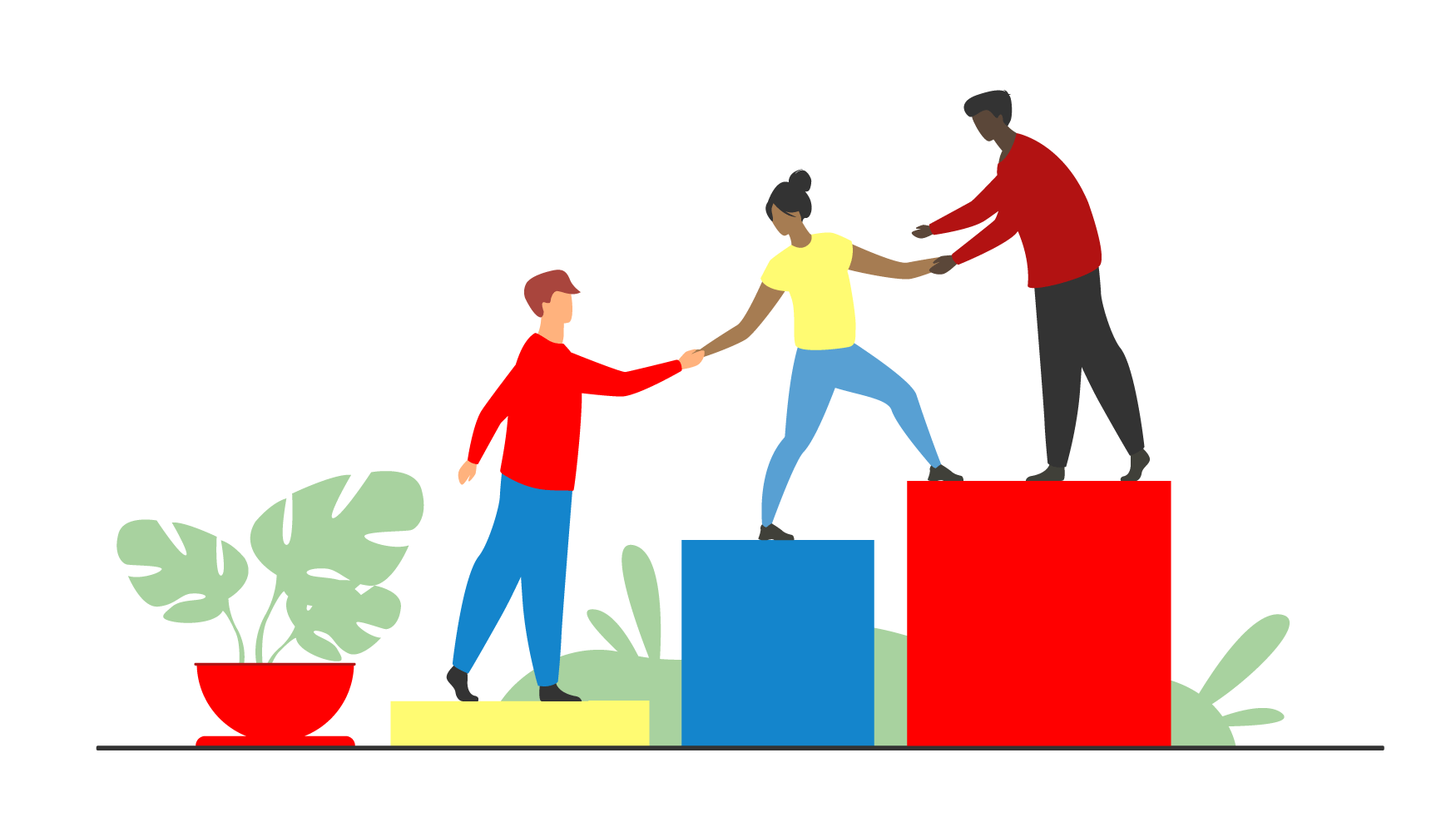
Over a year into the COVID-19 pandemic and its accompanying labour market turmoil, Editors BC brought together students and experienced editors for an informal evening of conversation and relationship-building. The Zoom get-together was described by participants as a “valuable and inspiring event” that gave student editors “some clear ideas for moving forward” while allowing experienced folks the chance to “meet the up-and-coming editors, hear their concerns, give them encouragement, and benefit from their enthusiasm and ideas.”
For branches and twigs outside of B.C., we offer the following details and links to our resources, should you wish to organize a similar event for your members.
Breakout room format
We hosted “Meet Your Future Self: Student-Focused Group Networking” on May 26, 2021. In this event, individual experienced editors met in virtual breakout rooms with groups of five or six student editors for 20-minute informational interviews. Each of the 29 student participants met with three experienced editors, with the composition of each small group changing as the evening progressed. The event ran for 75 minutes, with each breakout room session set for 20 minutes and another 15 minutes scheduled at the end for casual questions and social time.
Event preparation
What made this evening so effective, besides the generous volunteers and eager student participants, was the attention to detail in its organization. From the get-go, the catchy name and advertising graphic attracted participants. Then, in a registration survey, students were given access to a Google Doc to read detailed bios of the 12 experienced editors. After reviewing their options, the students selected the editors with whom they’d like to chat. Giving students access to this information ahead of time meant that they could come to the conversations prepared with tailored questions.
A few days before the event, students introduced themselves to the experienced editors and their peers on a Padlet wall (a collaborative web platform for sharing content). At this time, students could see who they would be meeting with (with top choices honoured where possible). They were also given access to a list of conversation starters with prompts such as “How did you get into editing?” and “What personal qualities or characteristics do you think I need?” The experienced editors could also see this list of questions, giving them an idea of what to expect.
Mentor recruitment
Because our student editors come from diverse backgrounds, we were interested in recruiting experienced editors who could speak about how their identity has shaped their professional life. For example, we wanted to offer students the chance to learn from the experiences of editors who have worked while being a primary caregiver, having a chronic illness or disability, or facing discrimination or microaggressions.
Post-event communication
In a follow-up email, we encouraged student editors to contact the editors they met via email or LinkedIn to thank them for their time and openness. The email also suggested that students follow up with the experienced editors in about six months’ time to tell them how they implemented their advice — a common recommendation for those looking to foster a professional relationship.
After the event, both student and experienced editors completed a short feedback form. Participants reported that 20 minutes didn’t feel like enough time to chat, so, next time we host this event, we will extend the time of each session or alter the student–experienced editor ratio. Some experienced editors reported that the student editors they met seemed unprepared, so, if you host a similar event, make sure that the expectations of both the student and experienced editors are clear.
A win-win networking event
“Meet Your Future Self” didn’t only benefit the student participants. The experienced editors spoke of the satisfaction they received from sharing their knowledge and expertise. Speaking about what you do to an appreciative audience can remind you of why you love it.
This was a win-win networking event that fostered a convivial atmosphere, and we look forward to hosting it again at no cost for Editors BC student members. The Editors BC professional development committee has decided to offer “Meet Your Future Self” every second year to avoid asking too much from experienced editors. On alternate years, we will host a free networking event just for student editors to foster peer-to-peer relationships.
We share these resources with you in the hopes of reducing the workload you may incur in organizing a similar event, so that you can offer it at no cost to your own region’s membership.
This event was organized by Joyce Chung, Letitia Henville and Hope Masten, and it couldn’t have taken place without the generous volunteering of 12 experienced editors. Three cheers for editors who find creative ways to build community and travel through time!
___
This post was co-written by Claire Majors (bio below) and Letitia Henville.
The Editors’ Weekly is the official blog of Editors Canada. Contact us.
Discover more from The Editors' Weekly
Subscribe to get the latest posts sent to your email.
